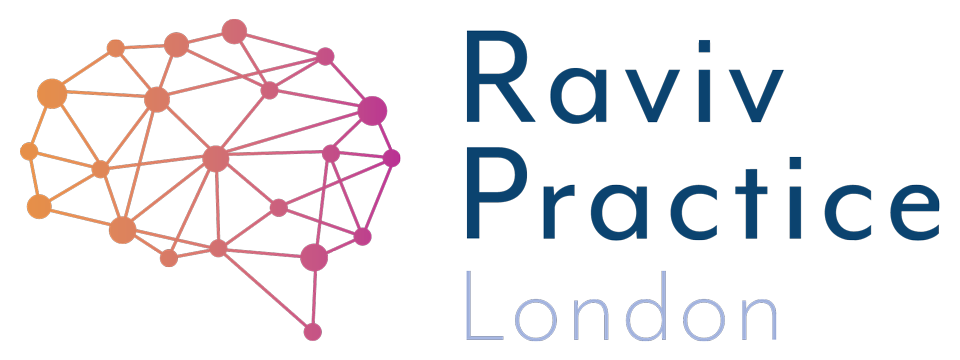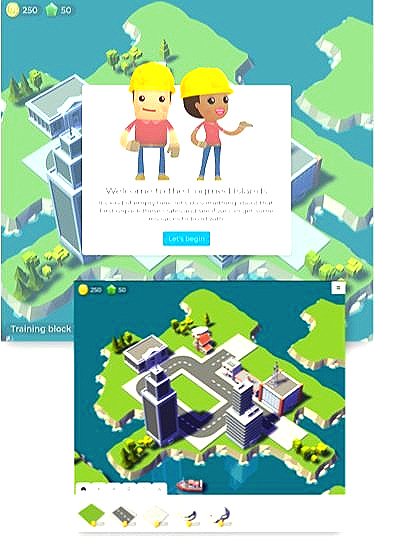
Blog
Usha Patel, Neurocognitive Therapist and Director of Raviv Practice London shares her first-hand experience of working with children /adults and the latest research and upcoming events in her series of blog posts.
How to help children with Autism and AuADHD
Autistic Spectrum Disorders can vary greatly, and children will need to be diagnosed by a medical professional. More confusing is if that child has two or more co-existing conditions such as ADHD and Autism. AuADHD is the abbreviation for an individual with both of these conditions.
Why does my nine-year-old still wet his bed?
If your bright and active nine-year-old still wets the bed, you're not alone, and it's not their fault. This blog explores the connection between unintegrated reflexes and nighttime accidents, and how therapies like MNRI can help resolve bedwetting quickly and effectively.
How can students with ADHD learn to manage their time more effectively?
Students with ADHD often struggle with time management, leading to stress, missed deadlines, and underperformance. This blog explores how forward planning, daily scripting, and the Habit Change approach can transform time awareness and academic outcomes.
Power up your amazing ADHD brain with habit change!
Tired of chaos ruling your mornings or your mind? This post explores how ADHD brains can thrive using small, consistent habit changes. Inspired by bestselling books and real-world results, it explains why habit building is often the missing link in ADHD management and how Raviv Practice London 12 week program is helping both parents and teens take control.
Don’t underestimate the value of doing… nothing!
Having ADHD could be considered a superpower. Those with ADHD often say they have many thoughts racing at any one time.
The “Time Planning Fallacy” and what it could mean for you
For most of us, the seasons don’t affect our time planning very much. We might feel more tired because it is dark when we wake up or come home from work, but usually we still know, for example, that it takes 30 minutes to get to work and plan accordingly. Many of those with ADHD, however, struggle with this because they struggle with measuring time.
How to work with your ADHD to achieve success
ADHD minds are fast, creative and full of potential, but how do you finish what you start? In this blog post learn tools that help you harness your ideas and succeed.
It only takes a minute to find your flow
More and more individuals are showing signs of ADHD. The fast-paced world we live in, and all its many distractions, means we are constantly flitting from one task to another. So, how can you solve such a prevalent problem and stay on task?
Cogmed Working Memory Training FAQs
Cogmed is the single most scientifically validated method that improves working memory and attention. Cogmed Working Memory Training is suited for individuals with diagnosed and undiagnosed problems. We offer remote training for anyone in the UK or Europe.
How changing habits can aid concentration
Struggling with focus or distraction? Building small, positive habits could be the key to better concentration. Discover how cues, routines, rewards and identity-based changes can make lasting improvements in your child’s attention and executive functioning.
How to observe your child and understand where their concentration fails
Poor concentration in children has many causes. Some professionals may rush an ADHD diagnosis and medication. Instead, learn how to observe your child at home and work with a professional who can use therapies beyond medication to get at the root of your child’s behavioural issues.
What is executive functioning and how to identify the weak areas?
Does your child have problems with finding homework, talking out of turn, or temper tantrums? He may have executive functioning problems. These skills help us manage daily life and deficiencies can lead to underachievement if not treated.
Polyvagal Theory: The Science of feeling safe
The Polyvagal Theory, developed by Dr Stephen Porges, explains how the nervous system shapes our sense of safety and impacts conditions like anxiety, ADHD and PTSD. This blog introduces how cues of safety help regulate behaviour and support therapeutic progress.
Does your child struggle with high-frequency spellings?
Many children with dyslexia, dyspraxia or ADHD find high-frequency spellings difficult to retain. This blog shares a proven two-step approach using Stareway to Spelling and Cogmed Working Memory Training to strengthen visual recall and finally make spelling stick.
Why can't I concentrate?
An honest reflection from an adult with undiagnosed dyslexia and ADHD, revealing how focus issues shaped his life and how practical strategies and mindset shifts helped him overcome them.
How does nutritional therapy complement neuro-cognitive therapy?
Nutritional therapy can enhance the results of brain training by creating a healthier chemical environment for neuron development. This blog explores how reducing inflammation and supporting brain health through diet can maximise the impact of neuro-cognitive interventions.
Reversing numbers and letters is a thing of the past
Do you write with your left or right hand? This is a preference your brain and body has decided is the strongest for this particular task, it is your 'dominant hand'.
Bal-A-Vis-X the journey to Tucson, Arizona 2010
In 2010, I left my young daughter behind to travel to Tucson, Arizona and train in Bal-A-Vis-X. What I discovered there changed the course of my work, and my mission.




















